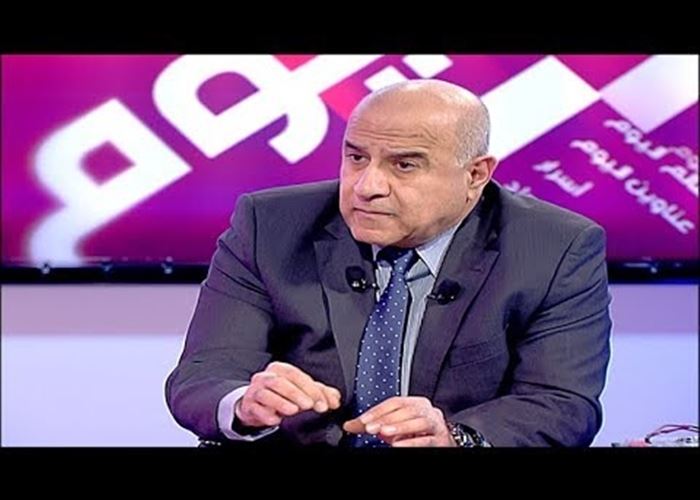شارل الياس شرتوني: إحياء ذكرى الحادي عشر من سبتمبر 2001 والملحمة الإسلامية للعدمية التي لا تنتهي
The 9/11, 2001 Twentieth Commemoration and the Unending Saga of Islamic Nihilism
Charles Elias Chartouni/September 09/2021
October 1995, Walid Phares invites me to teach a class about the Arab-Israeli conflict at the University of Miami senior program. It coincided with a talk given by a self appointed “imam of Orlando” who came to offer an outlook on the life of a Muslim community, which turned out to be a litany of threats to the Americans highlighted by his catchword “we are going to chop off heads”. Appalled, the puzzled audience couldn’t make sense of this enumeration of menaces and its compulsive repetition. Being part of the audience, I decided to postpone my seminar and dedicate my assigned lecture to the deconstruction of the discourse and the setting of its coordinates. Obviously, I was able to identify the locutor (a delinquent political refugee who belonged to the Abou Mehjen group at the Palestinian camp of Ain al Helweh in Saida), but still I was disturbed by the statement and its innuendos. On the 9/11 2001, while watching the daily news on CNN, I was flabbergasted when I saw the hijacked planes hitting, one after the other, the towers, which immediately reminded me of the “chopping off heads” of the “imam of Orlando”, and I said to myself, “this was no metaphor, it was meant”.
Twenty years after, the Terrorist maelstrom is still in course, the tropes of Islamic radicalism are prevalent in the Muslim world, the crisis of Islamic societies and polities has not yet ended its circonvolutions, and the imploding geopolitics have set enduring trajectories that are putting at stake international peace, and the likelihood of a virtuous cycle of systemic reforms and Nation-State building. Most of the Arab and Middle Eastern conflicts are still simmering, while criminal dictatorships are restored (Syria), State reconstruction is tentative (Irak, Syria, Lybia, Yemen), systemic reforms held back and deliberately disrupted by oligarchs, shadowy political arrangements (Algeria and the FIS, Authoritarianism vs. religious totalitarianism, Tunisia and the brittleness of reformist coalitions), and the ambiguities of oil dictatorships insofar as promoting systemic reforms and bankrolling Islamic radicalism, in its quietist and Terrorist modulations. The rise of al Qaida, ISIS, and the predominance of the Islamist tropes, rather than being dispelled by the unleashed violence and its destructive effects, is still nurturing radicalism and compromising the chances of strategic normalization, geopolitical stabilization, democratization, and societal liberalization.
The defeat of the terrorist groups have not yet ushered the reconstruction of religious, political and societal matrices as a prelude to political reformism and effective Nation-State building. The withdrawal of the United States and its allies, after twenty years of tentative Nation-State building in different geopolitical settings, was relayed right after, by renascent totalitarianism, revived geopolitical rivalries and the perpetuation of the systemic entropies which have prevailed over the Afghan, Syrian, Iraqi, Yemeni and Lybian wastelands. The disillusionment was not late setting in, and was readily validated by the systemic deadlocks set by Taliban and corollaries, their professional ineptitude and inability to run modern State institutions in spite of official statements. The rehearsal of the Islamic totalitarian mantra is the counterpart of a failed modernity and its manifold foreclosures, and the inability to extricate oneself from the contradictions of a self defeating dystopia.
The US and Western democracies had to pay their toll in terms of terrorist attacks, massive migration, failed attempts at geopolitical stabilization and structural reforms, whereas the main strategic quandaries are still in place. On the other hand, the Shiite world is piloting under the Iranian Islamic Republic the corollary subversive strategy, in contradistinction, with the vagrant Sunnite Terrorism, its colliding power politics and clashing agendas. The parenthesis of the 9/11 2001 has not yet been bracketed and is unlikely to unravel unless a new cycle of systemic reforms relays the destructive dystopia and its tenacious delusions.






















